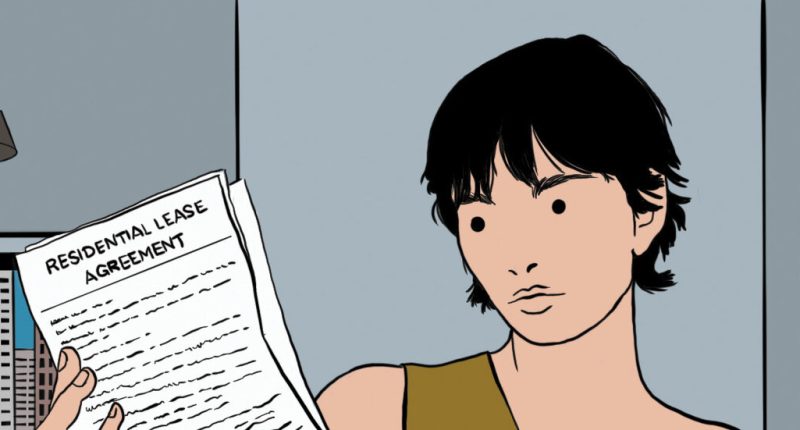
Q: My partner and I have lived for the past two years in a rent-stabilized apartment in Astoria, Queens. We plan to renew our lease. I just discovered that the lease forbids replacing the light fixtures without the owner’s approval, but we already did that. The same clause also forbids painting, but we would like to paint. Will my landlord refuse to renew my lease because of these unapproved alterations? What should we do?
A: Rent-stabilized leases are heavily regulated, protected contracts with property rights. “Unless there’s a violation that’s not curable, you’re entitled to a lease renewal,” said Steven Ben Gordon, a Queens lawyer who represents tenants.
So the good news is that your lease probably will be renewed. However, if you switched out the light fixtures without using a licensed electrician, that could be dangerous.
In some older buildings, apartments share wiring, so a faulty installation could impact your neighbors. If you didn’t hire a licensed electrician to install the fixtures, you should hire one now to inspect the work that was done. Keep the proof of the inspection. Then let the landlord know about the changes and explain that you had the work inspected. You’ll gain “tremendous credibility” by taking these steps, Mr. Gordon said.
If the light fixtures are causing problems in the building, the landlord could claim that you are causing a nuisance, serve you with a termination notice and start a housing court case, said Ami Shah, a deputy director for Legal Services NYC, a nonprofit which provides free civil legal assistance to low-income New Yorkers. In that case, you could restore the old fixtures and see if the landlord will settle the claim, Ms. Shah said.
Painting comes with fewer potential consequences, though if you paint without permission simply because you want an aesthetic change, you could be in violation of the lease. (The city’s Housing Maintenance Code requires landlords to paint every three years, or more if the paint is chipping or peeling.)
If the landlord discovers the new paint and wants the walls back to their original state, the landlord can issue a “notice to cure,” which gives you 10 days to fix the problem. If you don’t, the next notice is a “notice of termination.” The landlord could also withhold some of your security deposit to cover the painting cost after you leave.
In most cases, minor lease violations aren’t enforced because of the time and expense involved. “Usually, if these issues aren’t bothering anyone, it’s not worth pursuing for the landlord, even if they theoretically could,” Ms. Shah said.
For weekly email updates on residential real estate news, sign up here.
Source: | This article originally belongs to Nytimes.com









